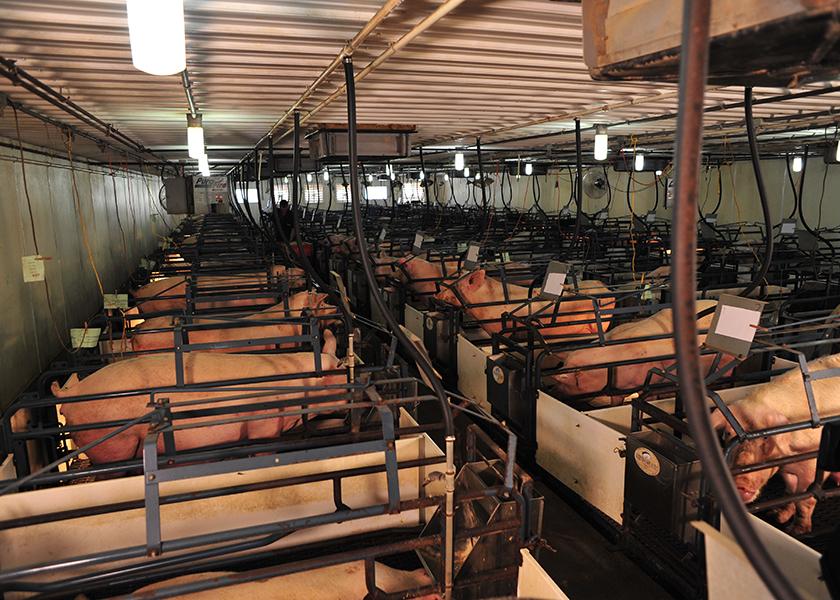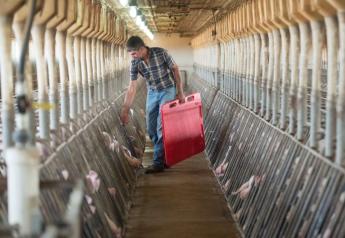Research Wraps Up on Unusual Strep Outbreak

A strep bacteria, commonly found in horses that can lead to strangles, Streptococcus equi subspecies zooepidemicus, was isolated from two cases in Ohio and Tennessee in September and October 2019. In February 2021, two-year-old adult sows from a production system in Indiana experienced increased sow death loss. To investigate if the Indiana outbreak isolates were similar to or different from isolates from Ohio and Tennessee S. zooepidemicus outbreaks, the Swine Health Information Center (SHIC) funded whole genome sequencing analysis.
S. zooepidemicus is a commensal organism in horses and is not unusual, says Paul Sundberg, DVM, SHIC executive director.
“But what is unusual is that this strep got into pigs and caused the problems it caused,” Sundberg says. “This strain has also gotten into dogs. There have been kennels that have been depopulated and cleaned because dogs have gotten this particular strep as well. This is a horse strep that has gotten into other species and caused disease.”
A Look at the Data
In Indiana, there were 66 deaths in the affected 2,400-sow production herd within a six-week period. Four outbreak isolates from Indiana were genetically distant to those isolates causing high mortality events in Ohio and Tennessee in the spring of 2019, while closely related to a S. zooepidemicus isolate from a horse in Iowa. These results suggest more than one strain of S. zooepidemicus could cause high mortality events in the U.S., SHIC reports.
Timely Insights
The genome sequence of the Indiana outbreak isolate was further closed using Nanopore sequencing. Comparative genomic analysis was performed, and genomic islands and putative virulence genes were identified, SHIC reports.
Two genomic islands (GI-3 and GI-13) were identified only in the Indiana outbreak isolates, allowing it to serve as the biomarker for the diagnosis of this specific strain. In addition, M-like protein gene and the Fic domain-containing protein gene were positive in those Ohio and Tennessee outbreak isolates, but absent from the Indiana outbreak isolates.
What Does This Mean?
The findings provide significant and timely insights, Sundberg says, into the genetic diversity of S. zooepidemicus strains that can cause high mortality outbreaks and understanding, tracking and possibly preventing these outbreaks caused by S. zooepidemicus.
As well, identification of specific virulence genes and genomic islands may provide the basis for future investigation of identification techniques, virulence mechanisms and control measures.
Read More:
SHIC Funds Research on Unusual Strep Outbreak in Pigs







